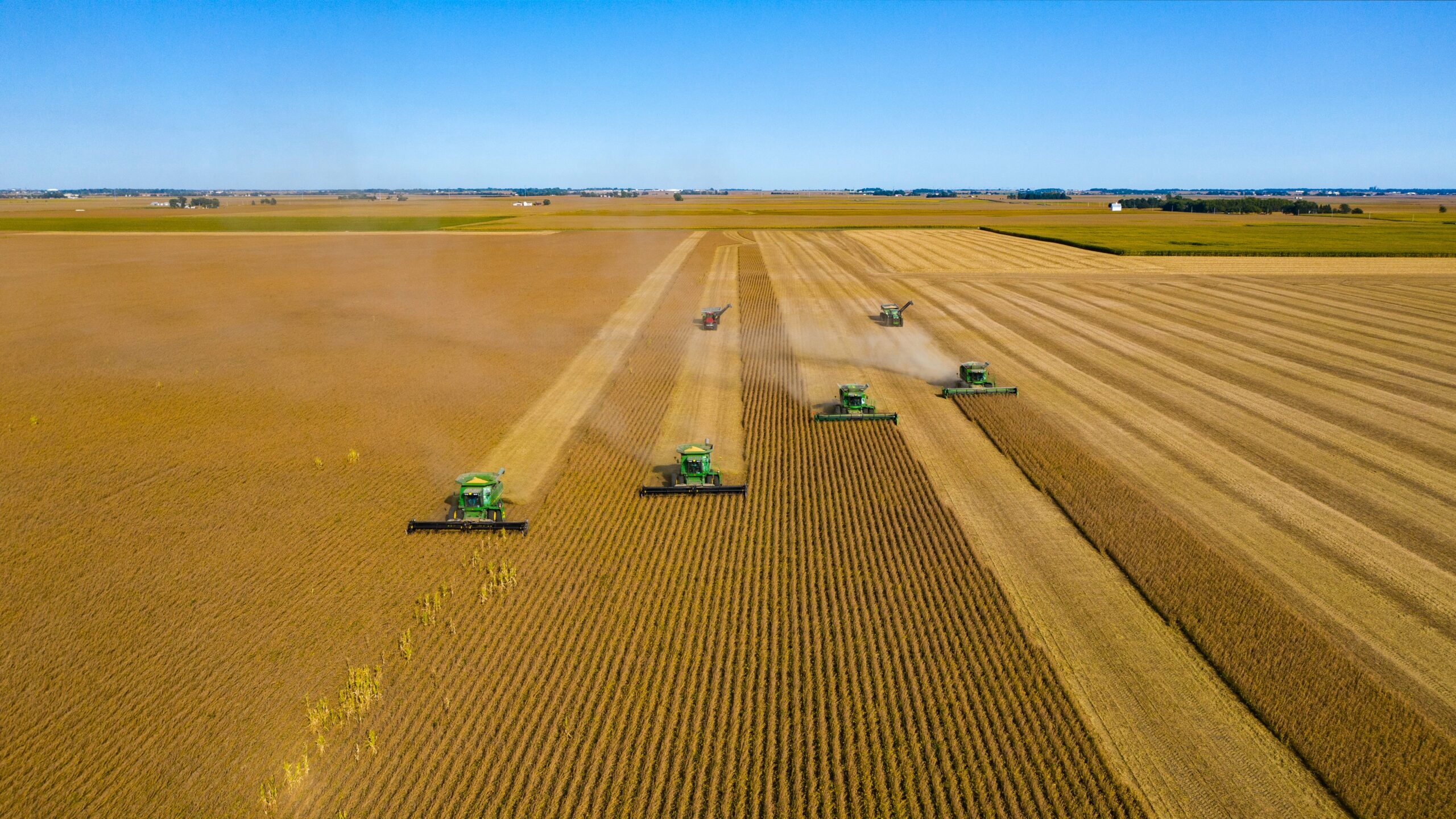Exporting Trends 2023: Canada’s Agribusiness Industry
As the world population grows, so does the demand for food. With Canada being a major exporter of agri-food, it is important to look at Canada’s growing Agribusiness industry in relation to current exporting trends.
Did you know that Canada’s agriculture and agri-food exports hit a record high of $83 billion in 2021, shattering the target of $75 billion by 2025? Agricultural exports are at an all-time high and there is still room for growth.
The agribusiness industry represents 17 percent of all manufacturing jobs in Canada, overtaking the automotive and aerospace industries. As the fifth largest food producer in the world and a leading source of agricultural commodities, we need to explore the latest exporting trends in the agribusiness sector to support our competitive advantages.
The Canadian Competitive Edge
What sets us apart? As a leading agri-food provider, we are at the forefront of quality, innovation, and sustainability within the agribusiness world.
Quality Standards
Global consumers trust Canadian food and beverage exports and view Canadian food in a positive light – finding it to be of better quality, more organic and having passed food safety checks. It is crucial that we maintain this image – it helps us justify the premium pricing on Canadian exports.
Innovation
Canadian food and beverage producers are innovators in the industry. Whether it is improving current products, meeting consumer trends such as quick and easy ready-to-eat meals with a longer shelf life, or developing sustainable packaging, Canadian agribusiness owners are dedicated to a continued research and development process.
Sustainability
The market for a plant-based diet is increasing with more and more people preferring a balanced diet now and becoming aware of ethical practices in farming. Canadian food and beverage industries are working hard to improve the taste of plant-based proteins and alternatives so international markets can also access protein alternatives at an affordable price.
With top funding being awarded towards food innovation, the Canadian agriculture and food sector is well supported to enter new markets.
Latest Exporting Trends Within the Agri-Food Sector
Global food demand is expected to nearly double in the next 50 years. While these rates might seem alarming initially, Canada is already working towards supporting the increase in demand.
Protein is a Key Ingredient
The middle class is growing across the Indo Pacific region, resulting in more disposable income, higher living standards, and a demand for high-quality protein or imported food.
The Indo-Pacific region will play a critical role in shaping Canada’s economy over the next century.
As income increases, millions of people are now able to afford protein-heavy meals featuring beef, fish, pork, and plant-based proteins that support nutritionally balanced diet.
Imported Packaged Foods
Increased income also increases the demand for imported value-added food, such as juices, jams, and frozen foods. This is good news for Canada as we can provide these agri-foods easily and the have the capacity to increase our production rates.
Sustainability Matters
There is more transparency in the agri-food industry than ever before. Millennials and Generation Z value clean eating and health-conscious food, but also want quicker meals during their busy days. With documentaries and news surrounding subjects on meat consumption, ethical farming, and the health benefits of organic food, socially conscious consumers seek out agribusiness companies that prioritise Environmental, Social and Governance (ESG) issues.
Canadian companies can easily adopt positive ESG practices and incorporate it in their packaging, advertisements, and marketing campaigns.
A genuine approach to ESG is a win-win situation for both businesses and consumers.
A Growing Focus on Reputable Suppliers
Ongoing global conflicts such as Russia’s war on Ukraine and trade issues in Europe post-Brexit has created instability in the food supply chain. This makes it an ideal time for reliable suppliers to step in and diversify the food supply chain.
As more governments and food retailers are looking for partners who can deliver without any disruption, Canada is becoming an ideal supplier.
Not only is Canada backed by a reputation for quality and adherence to standards, we also have 15 free-trade agreements (FTAs) which provide reduced tariffs and access to numerous foreign markets. Additionally, a strong communications and transportation system further helps Canada establish their reliability and support in the international agribusiness export market.
Private Labels
Rising inflation is causing an overall increase in food prices across the globe. Private labels help businesses to keep costs low and are manufactured by well-established branded agribusiness producers via private label programs. This ensures the promise of quality and food safety while also opening a new market for agribusinesses.
Canada is a leader in private label product development.
With years of experience stocking international groceries with private label goods, Canada can take advantage of this opportunity to provide lower cost versions of in-demand products. While profit margins might be slightly lower, the lower prices will be appealing to a larger percentage of the population, resulting in increased sales overall.
Accessing Export Grants with Mentor Works
The CanExport SMEs program provides Canadian businesses with funding to develop new export opportunities. The government cover upcoming international expansion initiatives such as gathering market research, offsetting translation costs, funding tradeshows, and adapting marketing tools, to name a few. The CanExport SMEs program is currently on administrative pause. We recommend subscribing to our newsletter to be notified of upcoming CanExport updates and intake periods.
Additionally, review the Mentor Works funding directory specifically listing Agribusiness Funding, Grants, Loan Programs.


